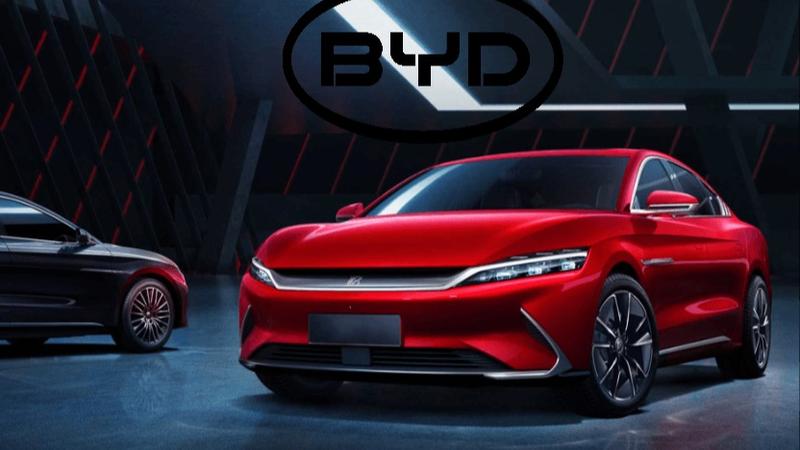Published 13:39 IST, April 30th 2024
China auto show puts smart at centre of car wars
BYD, Geely and peers touted everything from self-driving software to massage chairs.

Showing off. Smart cars ruled at this year’s Beijing auto show. BYD, Geely and peers touted everything from self-driving software to massage chairs. But on the sidelines of the show, Tesla's plans to work with Baidu on data collection and introduce its "Full Self Driving" system in China stole the limelight. Global peers from Toyota Motor to Volkswagen are also using local partnerships to drive faster and smarter.
When Chinese drivers buy a middle-of-the-range model for $30,000 or more, a “stupid car” is no longer acceptable, says Maxwell Zhou, CEO of DeepRoute.ai, which makes software for intelligent vehicles. The price point at which customers expect advanced assisted driving is falling, too, he adds.
Even cheap and cheerful rides are becoming more sophisticated. On Thursday Xpeng shared plans for its new sub-brand, Mona, short for Made of New AI. The aim is to disrupt the mass market by offering cars equipped with self-developed smart-driving tech, on which the $7.7 billion outfit run by He Xiaopeng has built its reputation, for less than 150,000 yuan (around $20,000).
Many of the 700 exhibitors displayed digital flourishes. Geely's Zeekr 001 can call out warnings to pedestrians - and give them a flashing thumbs up. Premium Polestar showcased smartphones that share an operating system with its cars; at the other end of the market, Dongfeng's $9,600 Nammi flaunted phone-controlled locks. Around the hall, cockpits boasted double or triple screens as standard.
The country's tech juggernauts and startups are turbo-charging the trend. On the eve of the show, Huawei launched a new intelligent driving software brand, hailing 2024 as the first year for "mass commercialisation of smart driving". The company, whose auto unit more than doubled its sales last year to 4.7 billion yuan, says some half a million cars will be using its systems by the end of this year.
Chinese brands already hold nearly 80% of the domestic market for new energy vehicles, according to a presentation from state-backed automaker Changan Automobile on Wednesday. A rapid push into smart driving and other novelties gives them an edge that could extend this lead.
However, overseas rivals are forging local partnerships to avoid being left behind a second time. News of its deal with Baidu sent Tesla's stock up 15% on Monday. Japan's Toyota Motor and Nissan Motor announced cooperation with China's Tencent and Baidu, respectively. Volkswagen also touted a new intelligent driving system developed together with Xpeng. The collaboration has already helped speed up the development of new models by as much as 30%, the German company says.
Such new cross-border alliances will give domestic marques a run for their money - and drive China's car wars into an intense new battle.
Updated 13:39 IST, April 30th 2024





